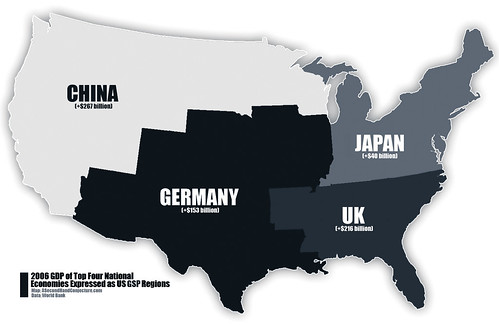REPORT: Japan’s Toyota City hurting as troubled economy, industry takes hold
(Source: Autoblog; Photo: emrank@Flickr)

According to the Los Angeles Times, a town three hours southwest of Tokyo called Toyota City has gone from being the envy of Japan’s economy to the city with the country’s highest unemployment rate seemingly overnight. What happened? As its name implies, this town is comprised almost entirely of men and women who work for Toyota, the largest automaker in the world – the very same manufacturer that is facing its first year-long operating loss in company history.

